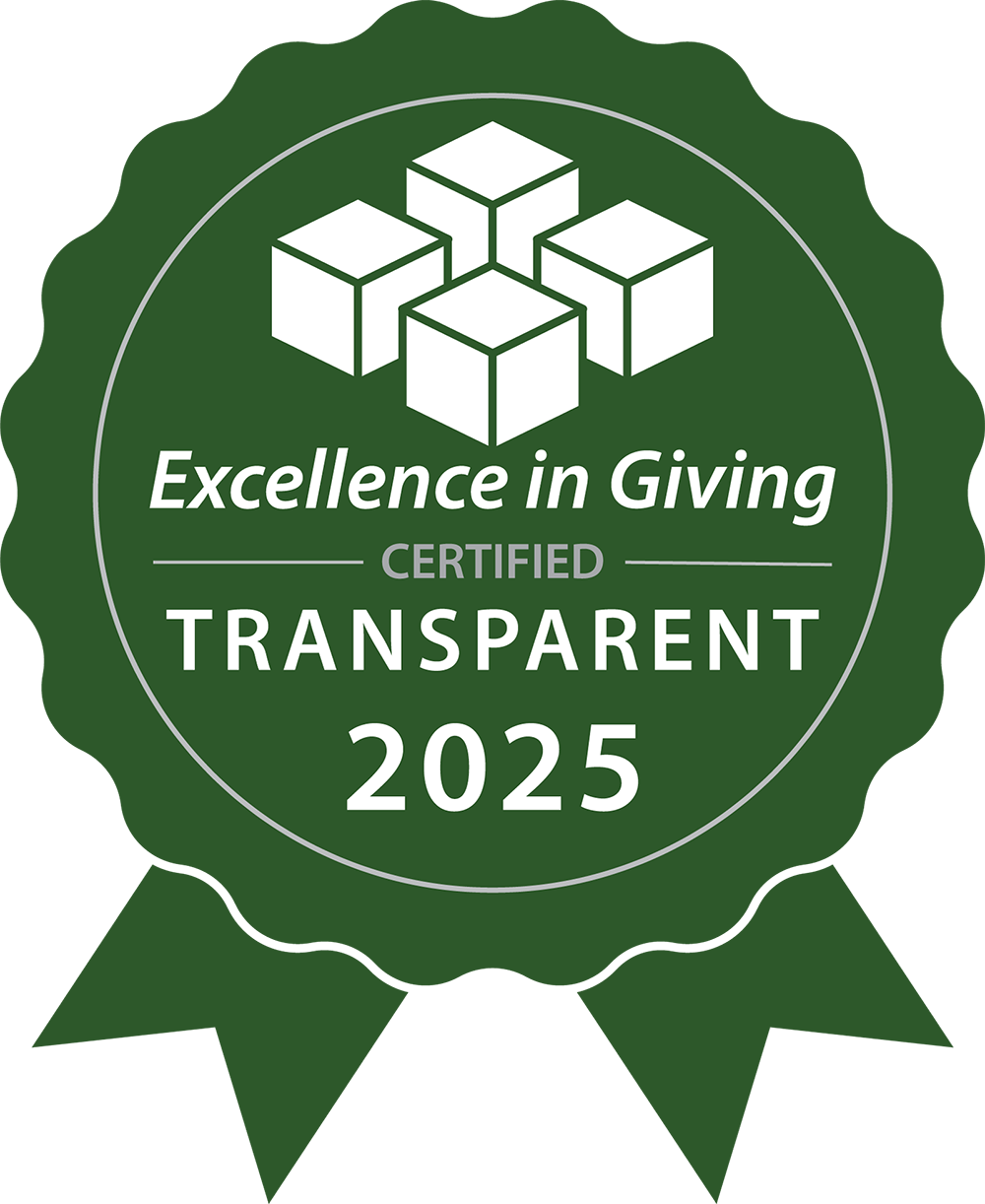Does someone need to know how to read to be a Christian? To lead others? To live a life following Christ?
We wholeheartedly believe the answer is no.
For a number of years, we have focused on bringing the gospel to unreached oral communities through Bible storying and pastor development. This year, we began an oral Bible translation project, with a long-term goal of audio recordings of complete books of the Bible. We started by focusing on translating 14 Bible stories, from creation to Christ’s life, death and resurrection, into four languages in Botswana, including Shua, CireCire, Ju|hoansi, and Thimbukushu.
While oral Bible storying, our main focus as an organization, communicates core truths through the creative retelling of Bible stories, we felt strongly about beginning this project of translating the inspired word of God into audio recordings for the four pilot program groups.
Oral Bible Translation is done in partnership with other organizations and begins with local leaders identifying which passages from Scripture would resonate within their culture. Then a translation team comprised of local people who speak the language record the passages. The passages are replayed for others in the community to make sure it’s understandable to those who will be listening to it. Finally, the passages go through a series of other checks and reviews. A bilingual person will listen to the recording and translate it back into a major language like French or English. This allows a trained translation consultant to review the passage for accuracy.
In September, John Stark, Spoken’s Vice President of New Initiatives, traveled to Botswana for a translation workshop where he met a man named Moronga. Moronga had learned the story of the prodigal son through the oral Bible translation workshop and decided to travel to the town of Nata to visit his sister.
He drove to Nata and was greeted with joy – it had been a long time since he’d visited his sister. After a while, he began to tell the story of Luke 15:11 in the local language. “There was a father who had two sons…” The story, so familiar to us in Western culture, unfolds for the first time for this family. After Moronga finished telling the story, his sister asked that he tell it again. Moronga began again, “There was a man with two sons…”
The silence in the room after Moronga finished telling the story was special, more contemplative, deeper, than one would expect. Moronga’s sister quietly says “This story is our story.”
Despite having been raised well, her oldest son sold his family’s farm plot and took the money to the city where he now lives in foolishness. His family knows that how he lives is not wise. They lost their money and their son. Moronga’s sister could see the correlation between her own son and the prodigal son.
“Someday, our son and brother will come home,” she said. “How will we greet him? Will we be like the angry son? Or will we be like the father?”
After hearing the passage from Scripture, she challenged her family to show her son an embracing love when he decides to come home.
“We have to be like the father,” she said.
Providing the written Word of God in a format that is best understood for people of oral cultures is a significant step toward bringing truth to the unreached. And we believe that translating it well is equally as important because we don’t want people to say “God speaks my language, but not well.”
Because God speaks every language. And He does that very well.
Help bring Truth to oral communities by donating now.



